“Negative prices” for soju, drastic discounts offered to consumers not willing to spend
입력 2024.12.11 (00:04)
읽어주기 기능은 크롬기반의
브라우저에서만 사용하실 수 있습니다.
[Anchor]
Last month, the consumer price index rose by only 1.5%, but the price levels that consumers feel is still high.
However, some dining items, such as soju, have recently been recorded at negative prices.
What is going on? Reporter Kim Jin-hwa takes a look.
[Report]
At a restaurant in Seoul, the price for a bottle of soju was set at 1,000 won, lower than retail price.
The restaurant had reluctantly adopted this price when the number of customers decreased due COVID-19, but has been kept until now.
[Kim Do-kyung/Restaurant Owner: "I thought business would be really good once COVID was over. I had hope, but there is none of that now."]
Recently, many establishments have offered significant discounts on soju, and this has been captured in the statistics from the National Statistical Office, showing that the dining soju price has recorded negative growth for three consecutive months.
This is similar for coffee prices. During this period, industry leader Starbucks raised its prices, yet the overall coffee price has fallen.
Some companies, pressured by low-cost coffee, have resorted to half-price discounts, which is reflected in the National Statistical Office's survey.
It has created an contradiction of consumers feeling burdened by rising coffee prices, while coffee prices are falling.
[Kim Ji-hyun/Seoul Eunpyeong District: "(Coffee prices) are honestly quite burdensome. My salary isn't increasing, but everything else is."]
[Hwang Seon-young/Seoul Gangseo District: "These days, I bring instant coffee from home. I've cut back on buying coffee."]
Retail sales, which indicate consumer trends, have continued to decline for ten consecutive quarters, and the proportion of consumption expenditure in households' disposable income has dropped to the 60% range for the first time in seven quarters.
[Jo Young-moo/LG Economic Research Institute Researcher: "(Consumers) are increasing their spending overseas rather than domestically, and as a result, the actual market situation felt by self-employed individuals and domestic companies is not recovering."]
The 'recession-type price decline' resulting from drastic discounts to attract consumers who are not willing to spend also shows the shadow of domestic stagnation.
This is KBS News, Kim Jin-hwa.
Last month, the consumer price index rose by only 1.5%, but the price levels that consumers feel is still high.
However, some dining items, such as soju, have recently been recorded at negative prices.
What is going on? Reporter Kim Jin-hwa takes a look.
[Report]
At a restaurant in Seoul, the price for a bottle of soju was set at 1,000 won, lower than retail price.
The restaurant had reluctantly adopted this price when the number of customers decreased due COVID-19, but has been kept until now.
[Kim Do-kyung/Restaurant Owner: "I thought business would be really good once COVID was over. I had hope, but there is none of that now."]
Recently, many establishments have offered significant discounts on soju, and this has been captured in the statistics from the National Statistical Office, showing that the dining soju price has recorded negative growth for three consecutive months.
This is similar for coffee prices. During this period, industry leader Starbucks raised its prices, yet the overall coffee price has fallen.
Some companies, pressured by low-cost coffee, have resorted to half-price discounts, which is reflected in the National Statistical Office's survey.
It has created an contradiction of consumers feeling burdened by rising coffee prices, while coffee prices are falling.
[Kim Ji-hyun/Seoul Eunpyeong District: "(Coffee prices) are honestly quite burdensome. My salary isn't increasing, but everything else is."]
[Hwang Seon-young/Seoul Gangseo District: "These days, I bring instant coffee from home. I've cut back on buying coffee."]
Retail sales, which indicate consumer trends, have continued to decline for ten consecutive quarters, and the proportion of consumption expenditure in households' disposable income has dropped to the 60% range for the first time in seven quarters.
[Jo Young-moo/LG Economic Research Institute Researcher: "(Consumers) are increasing their spending overseas rather than domestically, and as a result, the actual market situation felt by self-employed individuals and domestic companies is not recovering."]
The 'recession-type price decline' resulting from drastic discounts to attract consumers who are not willing to spend also shows the shadow of domestic stagnation.
This is KBS News, Kim Jin-hwa.
■ 제보하기
▷ 카카오톡 : 'KBS제보' 검색, 채널 추가
▷ 전화 : 02-781-1234, 4444
▷ 이메일 : kbs1234@kbs.co.kr
▷ 유튜브, 네이버, 카카오에서도 KBS뉴스를 구독해주세요!
- “Negative prices” for soju, drastic discounts offered to consumers not willing to spend
-
- 입력 2024-12-11 00:04:15
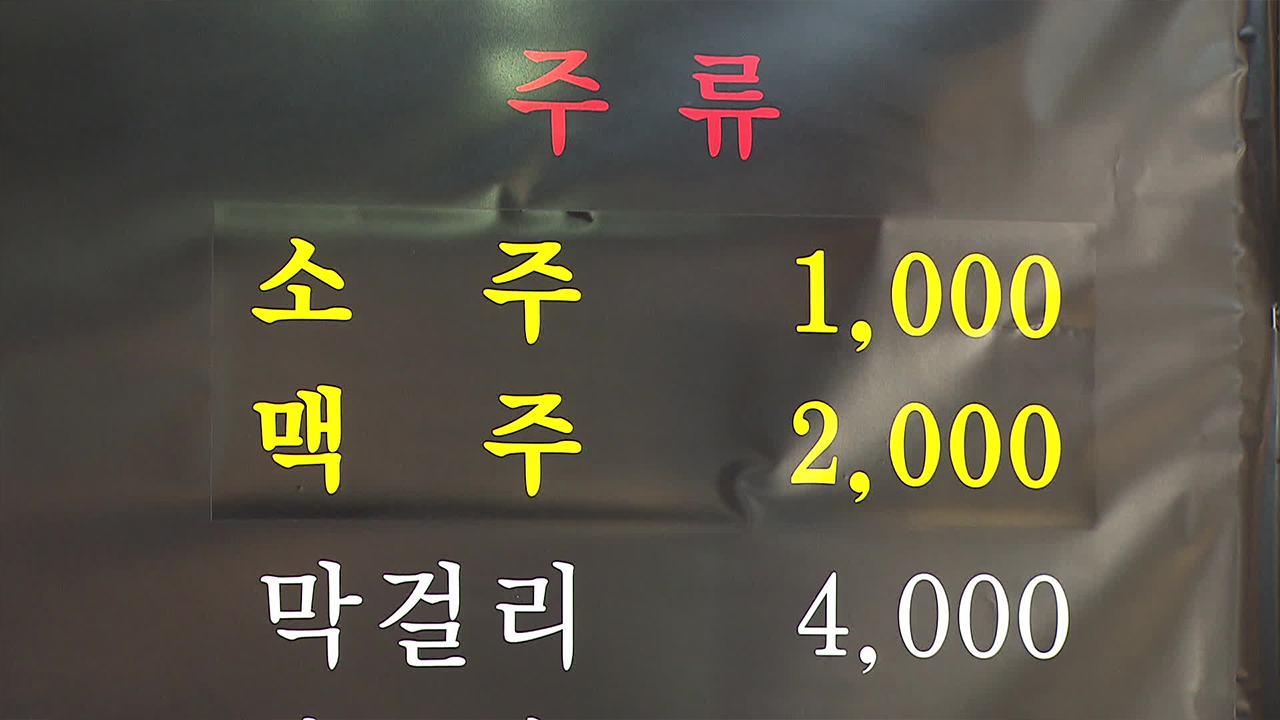
[Anchor]
Last month, the consumer price index rose by only 1.5%, but the price levels that consumers feel is still high.
However, some dining items, such as soju, have recently been recorded at negative prices.
What is going on? Reporter Kim Jin-hwa takes a look.
[Report]
At a restaurant in Seoul, the price for a bottle of soju was set at 1,000 won, lower than retail price.
The restaurant had reluctantly adopted this price when the number of customers decreased due COVID-19, but has been kept until now.
[Kim Do-kyung/Restaurant Owner: "I thought business would be really good once COVID was over. I had hope, but there is none of that now."]
Recently, many establishments have offered significant discounts on soju, and this has been captured in the statistics from the National Statistical Office, showing that the dining soju price has recorded negative growth for three consecutive months.
This is similar for coffee prices. During this period, industry leader Starbucks raised its prices, yet the overall coffee price has fallen.
Some companies, pressured by low-cost coffee, have resorted to half-price discounts, which is reflected in the National Statistical Office's survey.
It has created an contradiction of consumers feeling burdened by rising coffee prices, while coffee prices are falling.
[Kim Ji-hyun/Seoul Eunpyeong District: "(Coffee prices) are honestly quite burdensome. My salary isn't increasing, but everything else is."]
[Hwang Seon-young/Seoul Gangseo District: "These days, I bring instant coffee from home. I've cut back on buying coffee."]
Retail sales, which indicate consumer trends, have continued to decline for ten consecutive quarters, and the proportion of consumption expenditure in households' disposable income has dropped to the 60% range for the first time in seven quarters.
[Jo Young-moo/LG Economic Research Institute Researcher: "(Consumers) are increasing their spending overseas rather than domestically, and as a result, the actual market situation felt by self-employed individuals and domestic companies is not recovering."]
The 'recession-type price decline' resulting from drastic discounts to attract consumers who are not willing to spend also shows the shadow of domestic stagnation.
This is KBS News, Kim Jin-hwa.
Last month, the consumer price index rose by only 1.5%, but the price levels that consumers feel is still high.
However, some dining items, such as soju, have recently been recorded at negative prices.
What is going on? Reporter Kim Jin-hwa takes a look.
[Report]
At a restaurant in Seoul, the price for a bottle of soju was set at 1,000 won, lower than retail price.
The restaurant had reluctantly adopted this price when the number of customers decreased due COVID-19, but has been kept until now.
[Kim Do-kyung/Restaurant Owner: "I thought business would be really good once COVID was over. I had hope, but there is none of that now."]
Recently, many establishments have offered significant discounts on soju, and this has been captured in the statistics from the National Statistical Office, showing that the dining soju price has recorded negative growth for three consecutive months.
This is similar for coffee prices. During this period, industry leader Starbucks raised its prices, yet the overall coffee price has fallen.
Some companies, pressured by low-cost coffee, have resorted to half-price discounts, which is reflected in the National Statistical Office's survey.
It has created an contradiction of consumers feeling burdened by rising coffee prices, while coffee prices are falling.
[Kim Ji-hyun/Seoul Eunpyeong District: "(Coffee prices) are honestly quite burdensome. My salary isn't increasing, but everything else is."]
[Hwang Seon-young/Seoul Gangseo District: "These days, I bring instant coffee from home. I've cut back on buying coffee."]
Retail sales, which indicate consumer trends, have continued to decline for ten consecutive quarters, and the proportion of consumption expenditure in households' disposable income has dropped to the 60% range for the first time in seven quarters.
[Jo Young-moo/LG Economic Research Institute Researcher: "(Consumers) are increasing their spending overseas rather than domestically, and as a result, the actual market situation felt by self-employed individuals and domestic companies is not recovering."]
The 'recession-type price decline' resulting from drastic discounts to attract consumers who are not willing to spend also shows the shadow of domestic stagnation.
This is KBS News, Kim Jin-hwa.
-
-
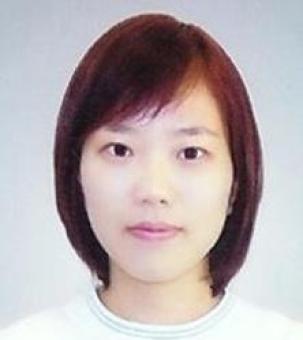
김진화 기자 evolution@kbs.co.kr
김진화 기자의 기사 모음
-
이 기사가 좋으셨다면
-
좋아요
0
-
응원해요
0
-
후속 원해요
0










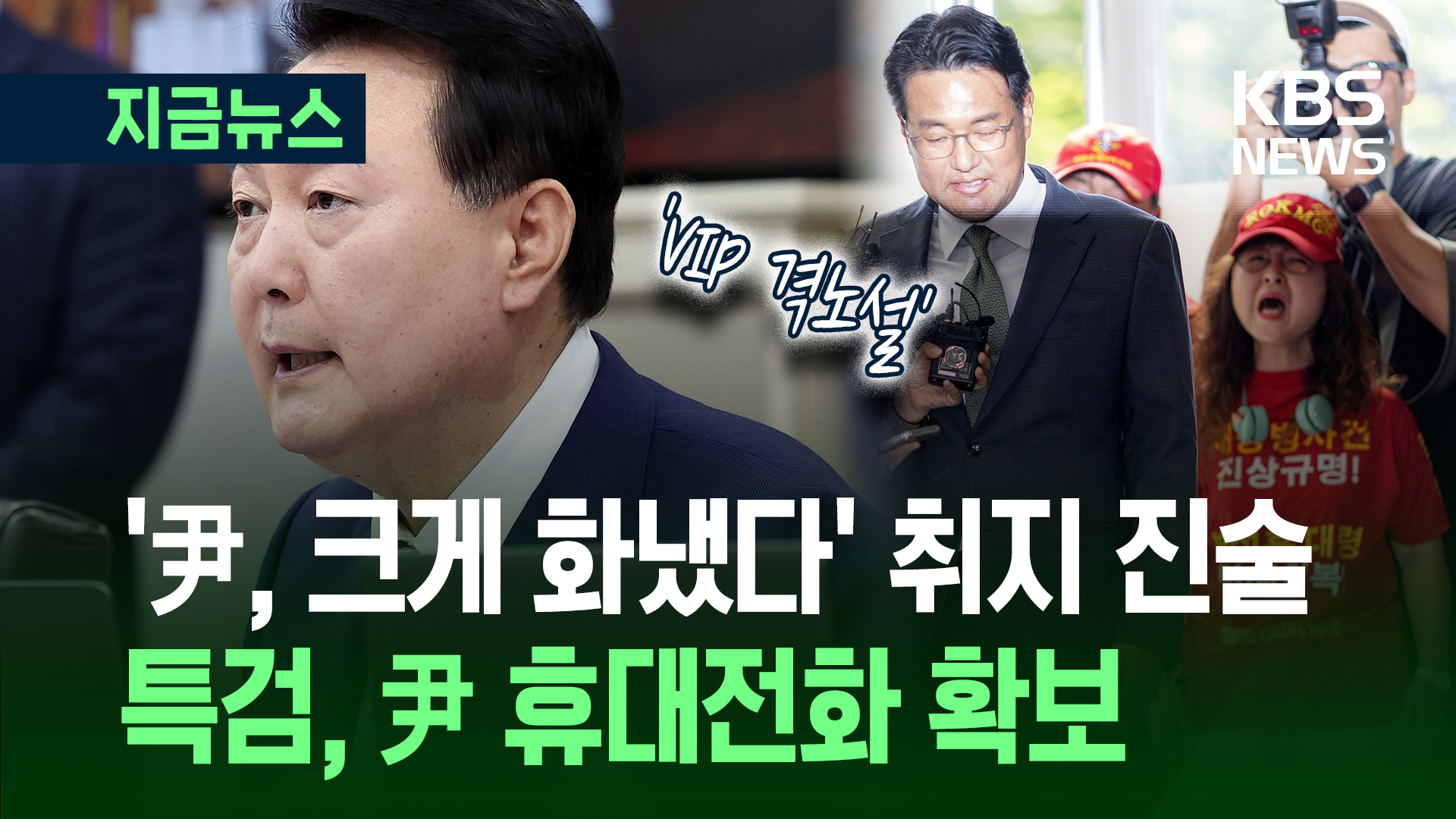
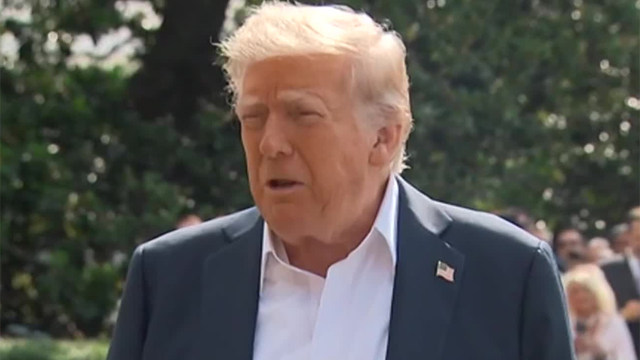
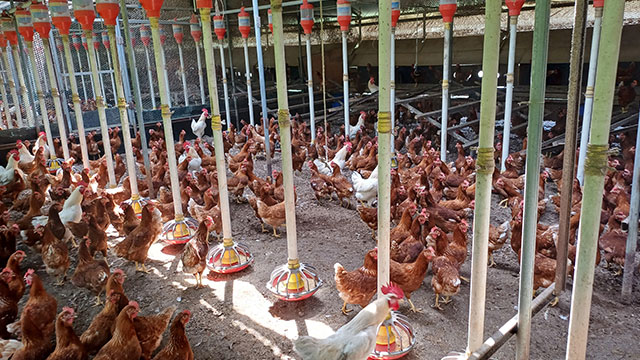
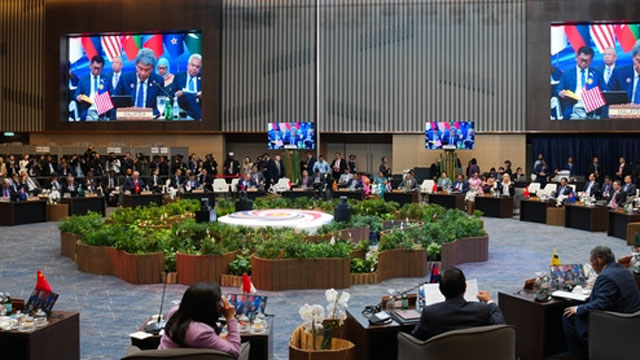

이 기사에 대한 의견을 남겨주세요.